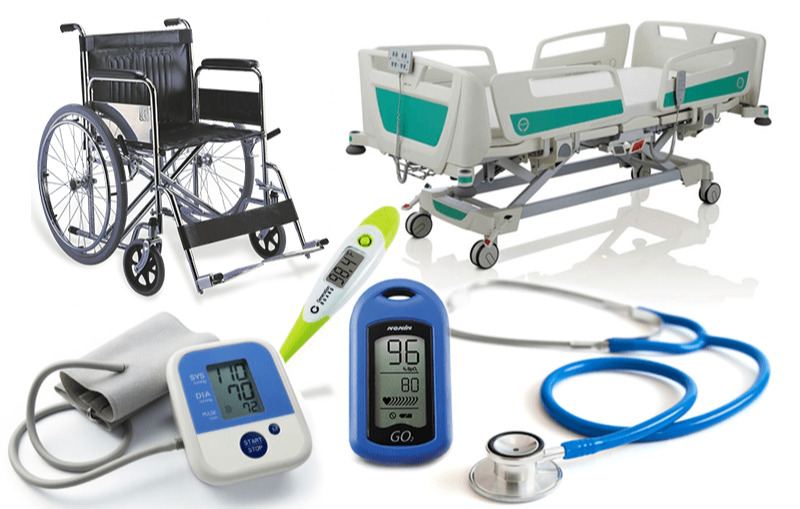Introduction:
In recent years, India has witnessed a paradigm shift in the healthcare landscape, with a growing emphasis on personalized and accessible services. One notable trend making waves in the healthcare sector is the rise of home healthcare. This innovative approach to medical care is gaining popularity for its convenience, cost-effectiveness, and ability to cater to the unique needs of patients in the comfort of their homes.
The Evolution of Home Healthcare in India:
Traditionally, healthcare in India has been synonymous with hospitals and clinics. However, the increasing burden on these facilities, coupled with the evolving needs of an aging population and the rise of chronic diseases, has paved the way for home healthcare services. This shift aligns with global trends, where home-based care is becoming a preferred option for many individuals.
Convenience and Comfort: Home healthcare brings medical services to the doorstep of patients, eliminating the need for travel and long waiting times in crowded healthcare facilities. This is particularly beneficial for elderly individuals or those with mobility issues who may find it challenging to commute.
Personalized Care: Home healthcare allows for a more personalized and patient-centric approach. Care providers can tailor their services to meet the specific needs of each individual, fostering a more holistic and comprehensive healing process.
Cost-Effectiveness: While traditional healthcare settings often come with high overhead costs, home healthcare can be a more cost-effective option. Patients can avoid unnecessary hospitalization expenses, and the overall cost of care tends to be lower.
Technology Integration: The integration of technology has played a crucial role in the advancement of home healthcare services. Telemedicine, remote monitoring devices, and mobile apps empower healthcare professionals to monitor and manage patients’ health conditions efficiently.
Key Services Offered in Home Healthcare:
Nursing Care: Trained and qualified nurses provide a range of services, including wound care, medication administration, and post-operative care.
Physiotherapy: Home-based physiotherapy sessions help individuals regain mobility, strength, and flexibility after surgery or due to chronic conditions.
Medical Equipment Rental: Home healthcare services often include the rental of medical equipment such as oxygen concentrators, wheelchairs, and hospital beds, making it more convenient for patients.
Diagnostic Services: Some home healthcare providers offer diagnostic services at home, including blood tests, X-rays, and ECGs, reducing the need for patients to visit diagnostic centers.
Challenges and Opportunities:
While the growth of home healthcare in India is promising, some challenges need to be addressed. Regulatory frameworks, standardization of services, and public awareness are crucial aspects that need attention. Additionally, the integration of home healthcare into the overall healthcare system requires collaboration between government bodies, healthcare providers, and technology companies.
The future of home healthcare in India holds tremendous potential. As the demand for personalized and convenient healthcare solutions continues to rise, home healthcare services are likely to become an integral part of the healthcare ecosystem, providing a holistic and patient-centered approach to medical care. The journey towards a healthier India involves embracing innovative solutions, and home healthcare is undoubtedly a transformative force in achieving this goal.




